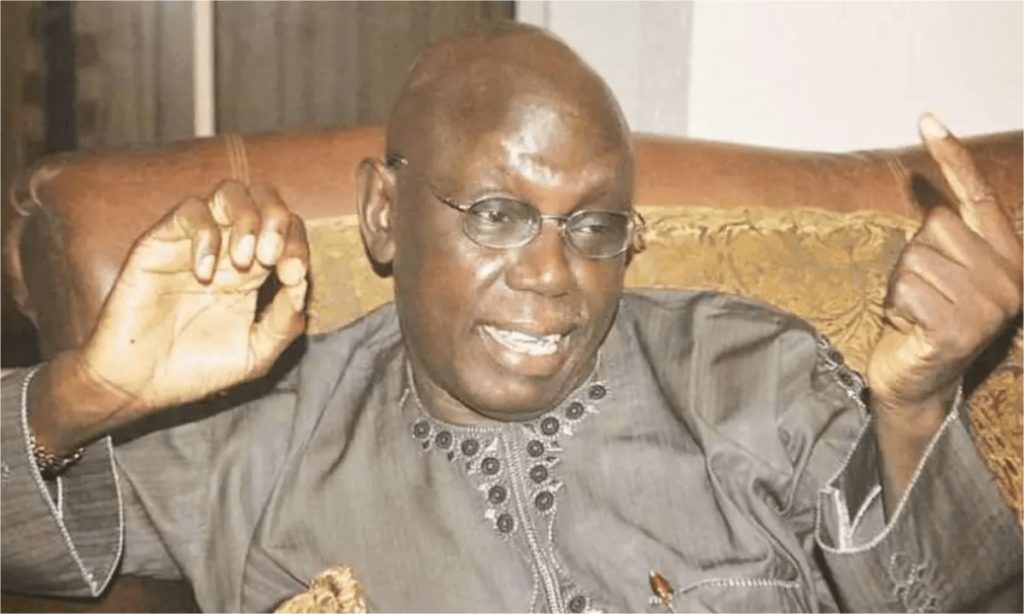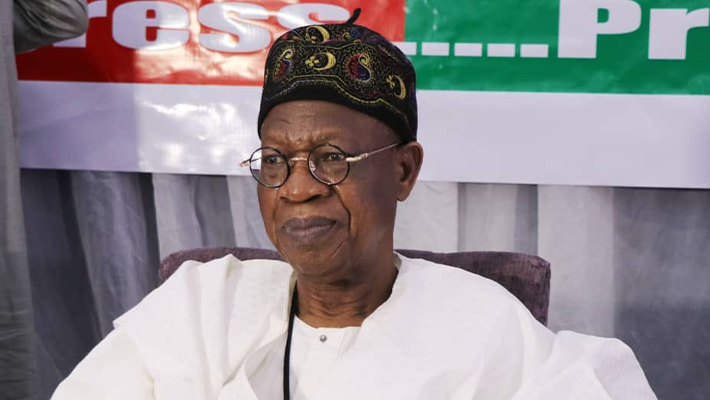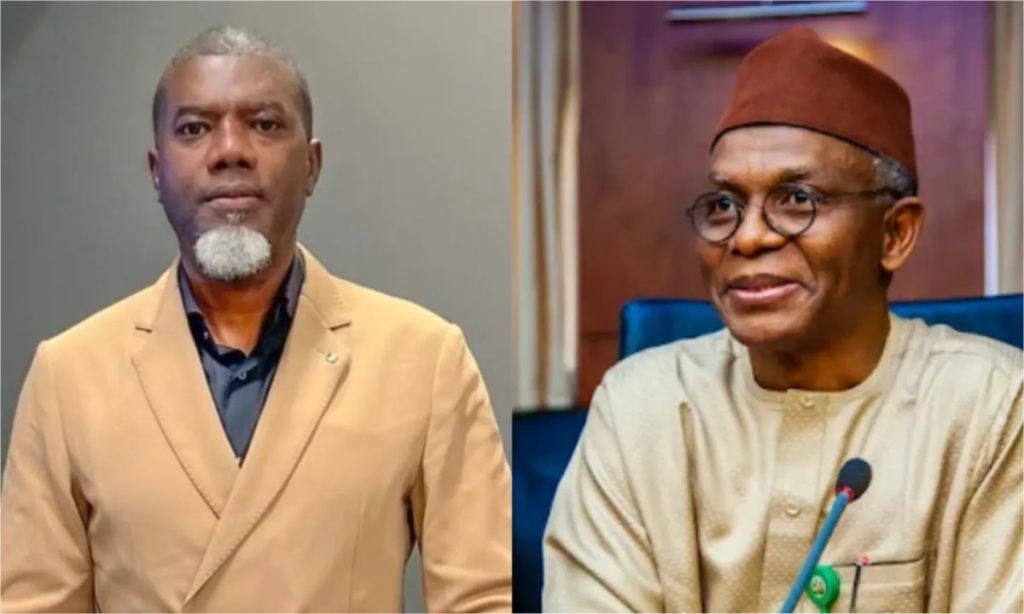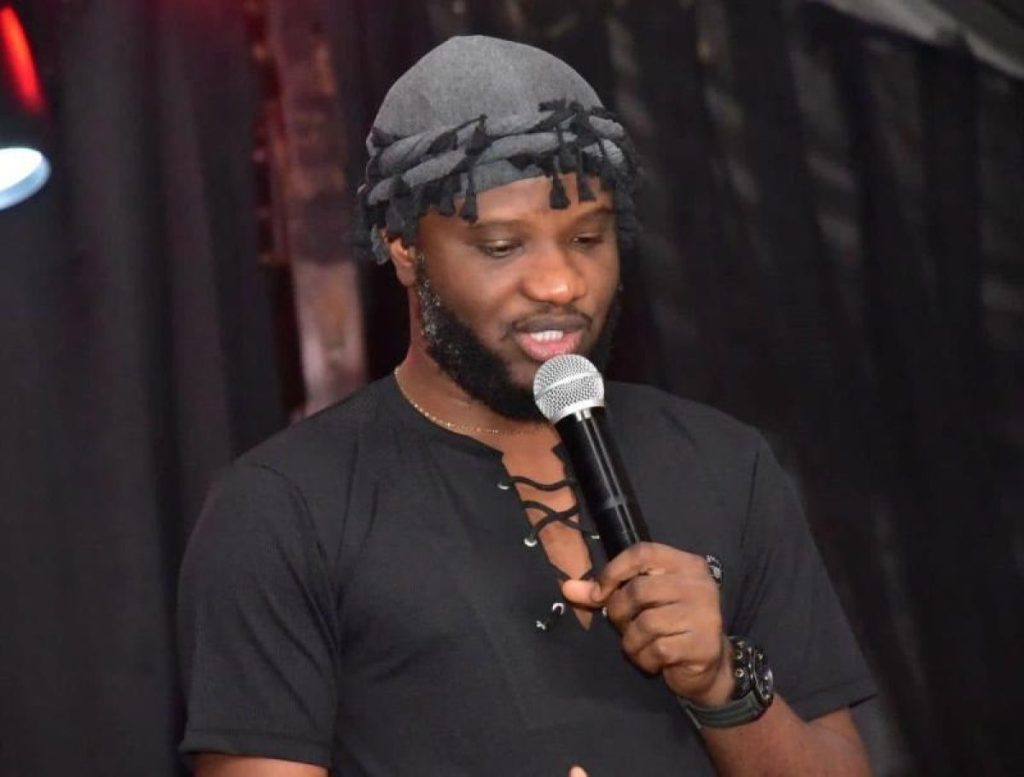Nigeria has been redesignated as a Country of Particular Concern by the US, with the Trump administration threatening military action to protect Nigerian Christians from “genocide”. This move has sparked concerns among Nigerian scholars and policymakers, who argue that the narrative of Christian persecution is misleading and oversimplifies the complex realities of the country’s security challenges.
In February 2020, a high-level summit was held at Wilton Park in the UK, where Nigerian and British stakeholders discussed ways to foster social cohesion in Nigeria. The meeting was a follow-up to the Bishop of Truro’s Independent Review on the persecution of Christians worldwide, which identified Nigeria as a major flashpoint of “religious violence”. However, participants at the summit, including religious leaders, politicians, and academics, emphasized that the reality of violence in Nigeria is far more complex, affecting all communities indiscriminately.
The Wilton Park dialogue highlighted the need to appreciate the wider social, political, and environmental dynamics of violence in Nigeria, rather than simplistically framing it as a targeted religious war. The meeting recommended that the Nigerian government commission independent research on climate change, develop strategies to educate and shape narratives, and establish a Joint Religious Coalition to ensure accountability for insecurity and politicization of conflict.
In contrast to the Trump administration’s threat of military action, the Wilton Park approach represents a model of thoughtful engagement and diplomacy. The question remains whether the US is genuinely motivated by a humanitarian desire to protect Nigerian Christians or if this is another exercise in US geopolitical and imperial crusade. Historically, imperial interventions have been preceded by humanitarian and messianic pretexts, and the classification of Nigeria as a persecutor of Christians is a convenient casus belli for the US.
The Nigerian state bears the greatest responsibility for its failure to protect all citizens, and the citizens themselves have failed to collectively hold the government accountable for these failures. Instead, they are competing for victimhood, creating conditions for external powers to intervene discursively and politically. The task before Nigerian scholars, faith leaders, and policymakers is to reclaim the narrative, not through denial, but through a more honest, inclusive, and historically grounded understanding and framing of the country’s complex realities. The federal government must strengthen its security institutions and reassert the primacy of equal citizenship, recognizing that all lives matter in Nigeria – Christian, Muslim, and traditionalist alike.



